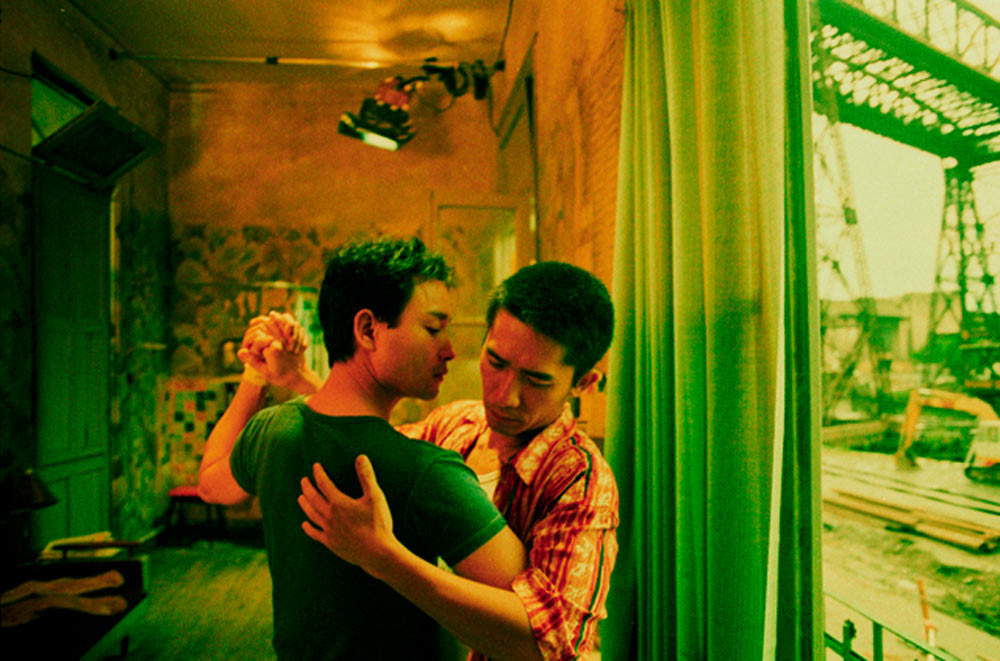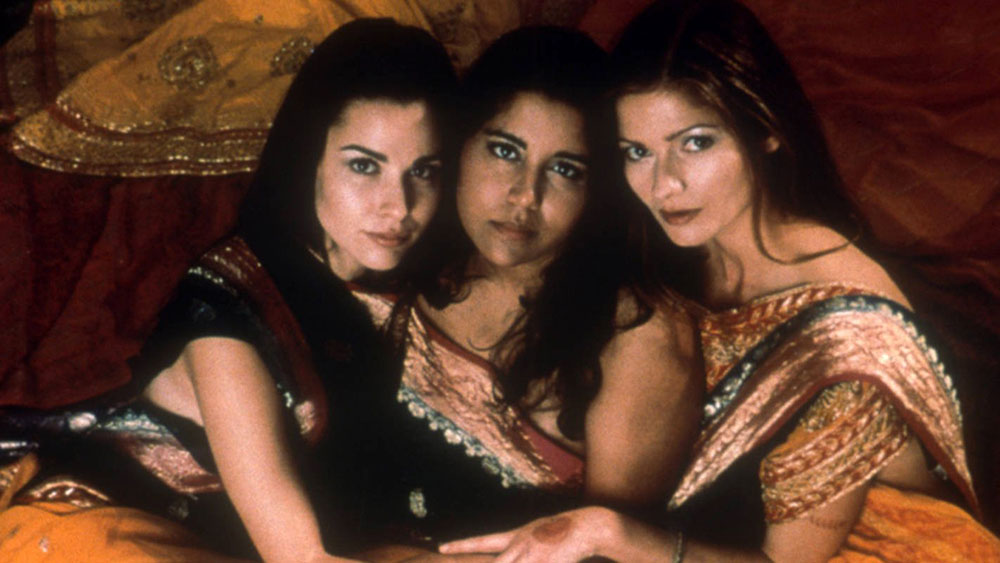Classic Film: Happy Together
Written by Ian Thomas Malone, Posted in Blog, Movie Reviews, Pop Culture
One of the most frustrating aspects of love is seeing people we care about trapped in an endless cycle with an individual they’re clearly not compatible with, but can’t seem to live without either. Love makes us do stupid things. The issues are often confounded by external aspects, like living situations or ties to one’s community.
Wong Kar Wai’s 1997 film Happy Together crafts a fertile panopticon for a toxic relationship. Lai Yiu-Fai (Tony Leung Chiu-Wai) travels from Hong Kong to Argentina with his boyfriend Ho Po-Wing (Leslie Cheung). The two bicker frequently, breaking up often. Po-Wing possessing a magnetic control over Fai, his toxic traits somehow endearing in that way that problematic relationships often tend to work. Fai grows tired of life in Argentina and works a number of jobs in order to raise money to go home.
Wong does a masterful job layering the mess that is Fai’s life. Being gay, especially in the 90s, is an isolating feeling. Coupled with life in a country where no one speaks your language, it’s easy to see the cyclical nature of Fai’s misfortunes.
True to form, Wong is not terribly concerned with presenting a narrative within his features 96-minute runtime. Leung and Cheung are largely given the runway to make magic with their lover’s quarrel. Wong’s best skill as a director is the way he frames the claustrophobia of toxic romance. Cheung’s Po-Wing is such an insufferably odious individual that you want to reach toward the screen and shake Fai until he comes to his senses. Leung does an excellent job selling his lead, a heartsick homosexual lonely in a foreign country with no one who cares about him but his selfish lover.
Wong’s commitment to the tedious nature of his film’s core romance highlights a key pillar of the 90s LGBTQ experience. Many of us know what it’s like to give partners significantly more chances than they deserve. The isolation that defined much of our community in those days breeds a lot of fear that we’ll grow old, unloved, and alone. These anxieties are hardly exclusive to gay people, but the discretion expected of our people fostered an environment where this nonsense could thrive, often unimpeded by common sense.
Bad relationships can be glaringly obvious to one’s friends and family. Wong takes the safety nets away, throwing a young gay guy to the wolves. Happy Together is a tough watch, but it’s a beautifully honest portrayal of the messiness that often defines queer romance. We’ve had to build a world within the broader heteronormative society. People aren’t exactly expected to act rationally when they’ve got no support systems. Many of us can relate to Fai. One of the most important aspects of community is the way the people who genuinely love us can help us steer clear of that fate.












